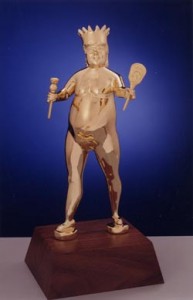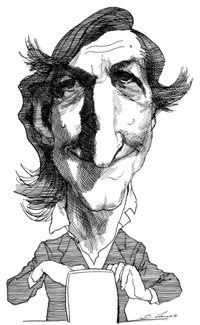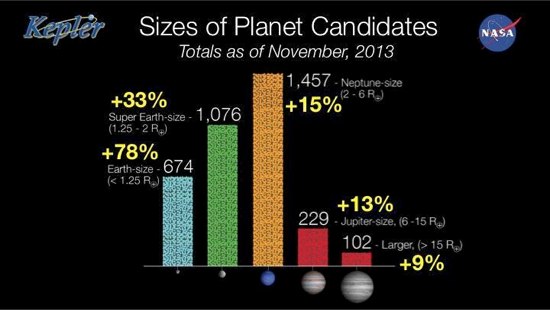The Future of Democratic Values
Hey, did you know we are having an election here in the United States? I think I saw it mentioned on TV. Whatever your preferences may be, everyone eligible should try to get out and vote.
This election has, without a doubt, been somewhat unique. I’m cautiously optimistic that Hillary Clinton will win, that we will celebrate the election of the first female President in the history of the republic, and that she will do a relatively good job — although as a good Bayesian I know that empirical predictions are never certain, and in an atmosphere like this uncertainty runs relatively high.
Even if Clinton wins and the U.S. avoids complete embarrassment, I’m still very worried about what this election has revealed about the state of the country. No matter who our next President might be, there are real reasons to be concerned that the U.S. is veering away from some of the foundational principles that are necessary to a functioning democracy. That may sound alarmist, but I don’t think it’s unwarranted. Historically, democracies don’t always last forever; we’d be foolish to think that it can’t happen here.
This isn’t a worry about the specific horrible wrongness of Donald Trump — it’s a worry about the forces that propelled him to the nomination of one of our two major political parties, and the fires he so willingly stoked along the way. Just as a quick and hopelessly incomplete recap:
- Trump built his early political notoriety via “birtherism,” explicitly working to undermine the legitimacy of our elected President.
- He has continually vilified immigrants and foreigners generally, promoting an us-against-them mentality between people of different races and ethnicities.
- He has pledged to violate the Constitutional principle of freedom of religion, from banning Muslims from entering the country to tracking ones that are here.
- His campaign, and the Republican party more generally, has openly engaged in suppressing the vote from groups unlikely to support him. (“‘We have three major voter suppression operations underway,’ says a senior [Trump] official.”)
- He has glorified violence against protesters who disagree with him.
- He has lied at an unprecedented, astonishing rate, secure in the knowledge that his statements will be taken as true by a large fraction of his intended audience.
- He has presented himself as a uniquely powerful strongman who can solve problems through his personal force of will, and spoke admiringly of dictators from Vladimir Putin to Kim Jong-un to Saddam Hussein.
- He has vowed that if he wins the election, he will seek vengeance on those who opposed him, including throwing his opponent into prison.
- He has repeatedly cast doubt on the legitimacy of the election outcome, implying that he would refuse to accept the result if he lost.
- He has pointed fingers at a shadowy global conspiracy in charge of world finance, often with explicitly anti-Semitic overtones.
- Several Republican politicians have broached the prospect of refusing to confirm any Supreme Court nominees from a Democratic President.
- A government agency, the FBI, has interfered in a Presidential election.
- Republicans have accused Democratic officeholders of being traitors.
- A number of Trump supporters have spoken of the prospect of violent resistance if Clinton is elected.
This is not a list of “why Donald Trump is a bad person who is disastrously unqualified for the Presidency”; that would be much longer. Rather, I wanted to highlight features of the campaign that are specifically attacks on (small-“d”) democratic norms and values. The assumptions, often unspoken, by which legitimate political opponents have generally agreed to operate by over the course of the last two centuries and more. Not all of them, of course; there are glaring exceptions, authoritarians who have run roughshod over one or more of these norms in the name of personal glory. History generally looks down upon them, and we consider ourselves fortunate that they didn’t have greater success. But fortune can run out.
The most worrisome aspect of the situation is the very real prospect that these attacks on the foundations of liberal democracy will not simply disappear once Donald Trump rides off into the gold-plated sunset; that they will be seized upon and deployed by other politicians who couldn’t help but notice Trump’s success. If that’s the case, we will have a real reason to be concerned that American democracy will stop working, perhaps sooner rather than later. I don’t think it’s likely that such a disastrous scenario would come to pass, but one has to balance the small likelihood against the devastating consequences — and right now the probability seems closer to 0.05 than to 10-5.
Democracy is a curious and fragile thing. It’s not just “majority rules”; crucial to the project are the ideas that (1) minority rights are still respected, and (2) in return, losing minorities respect electoral outcomes. It’s the second of these that is under siege at the moment. Since the time of the Federalist Papers, it’s been understood that democracy is an attempt to provide common self-rule for people who don’t agree on everything, but who at least share the common values of democracy itself. Having strong, even extremely passionate, political disagreements is inevitable in a democratic system. The question is whether we cast those with whom we disagree as enemies, traitors, and cheaters who must be opposed in every measure at every turn; or as partners in a grand project with whom we can fiercely disagree and yet still work with.
I don’t claim to have a complete understanding of how we got to this precarious point, though there are a number of factors that certainly have contributed. …
The Future of Democratic Values Read More »




